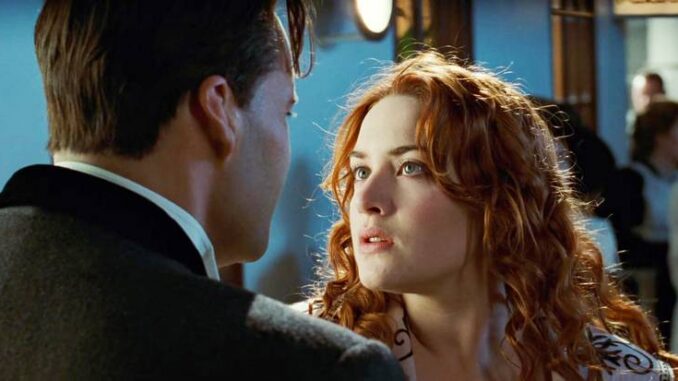
The Unsinkable Story: Why Titanic Remains a Masterpiece Yet Carries the Burden of Its Fame
The year is 1997. A behemoth of cinematic ambition, Titanic, launched itself onto the global stage, promising a love story for the ages amidst the most famous maritime disaster in history. What followed was an unprecedented cultural phenomenon, a film that shattered box office records, swept the Oscars, and etched itself permanently into the collective consciousness. Nearly three decades later, James Cameron's epic remains an undeniable masterpiece, a triumph of scale, emotion, and technical prowess. Yet, like the grand ship itself, it sails under a paradox: its very fame has become a kind of albatross, an emotional and critical burden that often overshadows its profound artistry.
To understand Titanic's enduring mastery, one must first revisit its sheer audacity. Cameron didn't just tell a story; he resurrected a legend. The colossal ship, rendered with breathtaking fidelity through a pioneering blend of practical sets, miniatures, and digital effects, became a character unto itself. From the bustling energy of the Southampton dock to the glittering grandeur of the first-class dining saloon, every detail was meticulously crafted, immersing the audience in a world on the cusp of disaster. The sound design, the period costumes, the sweeping cinematography that alternated between intimate portraits and expansive vistas of the ill-fated liner – all conspired to create an experience of unparalleled scope. It was a film that commanded attention, filling the screen with a level of historical recreation that felt not merely accurate, but alive.
Beyond the spectacle, Titanic's true genius lay in its heart. Against the backdrop of impending doom, Cameron wove a love story that was, for all its conventional beats, utterly captivating. Jack and Rose, star-crossed across the rigid class divides of the early 20th century, became shorthand for cinematic romance. Their passion felt urgent, their connection palpable, their stolen moments precious in the face of oblivion. But the film’s emotional tapestry stretched further than just the lovers. It portrayed the full spectrum of humanity in crisis: the stoicism of the band playing on, the heroism of officers, the desperation of steerage passengers, the hubris of the ship’s creators, and the quiet dignity of the passengers facing their fate. The film’s greatest triumph is perhaps its ability to evoke profound empathy, forcing us to confront not just the disaster of a ship, but the tragedy of individual lives cut short, of dreams extinguished by the icy Atlantic. James Horner’s iconic score, weaving threads of longing and lament, solidified this emotional resonance, making the film a visceral, unforgettable experience that transcended mere entertainment.
However, the very heights of its popularity have cast a long, complex shadow over Titanic. Its fame, a relentless tempest of its own, has reduced its intricate layers to a handful of iconic, often parodied, moments. The soaring declarations of love, the iconic "I'm flying!" pose, the desperate "never let go" – all became fodder for countless parodies, late-night skits, and internet memes. The film, once hailed for its emotional depth, was increasingly dismissed as a "chick flick," its sincerity mistaken for sentimentality. The earnestness that made it so powerful for millions became an easy target for intellectual snobbery, as if anything so universally beloved must, by definition, lack artistic merit.
This burden is most acutely felt in the perennial "door debate," a trivial argument that encapsulates the film's unfortunate reduction. The question of whether Jack could have fit on that floating piece of debris with Rose, a minor plot point designed to force a tragic separation, has overshadowed critical discussion of the film's grander themes: class inequality, the fragility of human ambition, and the sheer terror of survival. This fixation on a single, almost irrelevant detail exemplifies how Titanic's celebrity can obscure its true artistic weight, allowing superficial chatter to drown out genuine appreciation for its narrative power and meticulous craft.
In the end, Titanic remains a towering achievement, a masterclass in epic filmmaking that seamlessly blends historical accuracy with deeply personal drama. Its technical brilliance still impresses, its emotional core still resonates, and its ability to transport an audience back to that fateful night is undiminished. Yet, it continues to sail through the tempest of its own celebrity, a ghost ship of pop culture references and dismissive critiques. To truly appreciate its masterpiece status, one must learn to look past the froth of its fame, to see beyond the parodies and the trivial debates, and remember the unparalleled cinematic journey that captivated a generation and forever cemented its place as a triumph against the odds, both on screen and off.